What you need to know about Child Labor in Uganda
In recent years, Uganda has experienced a significant surge in child labor, rising from 14% in 2016/17 to 39.5% equivalent to 6.2 million children in
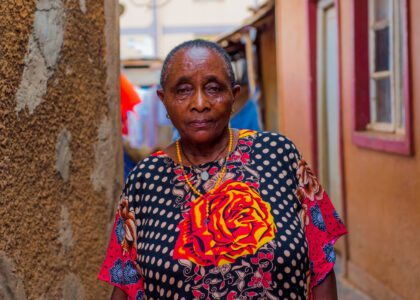
I’m happy that I can now eat and sleep in peace without having to worry about my grand kids’ school fees because Joy for children has helped with their school fees and scholastic materials.
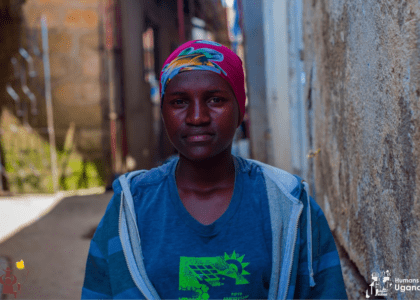
My father has a lot of kids from other women so because of that he only paid school fees for a few. My mother was the one paying for me and my brother. We struggled so much with finances at home, then one day my brother said he was going to drop out of school just to let me continue. That’s about the same time Joy for children came and we are now both in school.
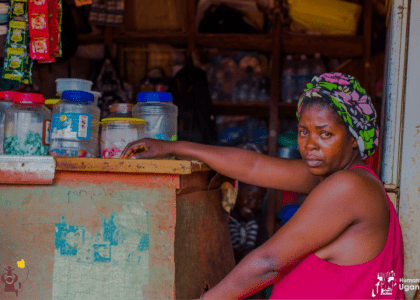
Life was so hard, and I think that’s the time when Joy for children came in and introduced savings groups to us. Then, they later helped with one of my children’s school fees and they would also give us food supplies. We are not doing so well but things are much better than they used to be, at least my children go to school and I can afford to pay rent for my kiosk which also doubles as our home.
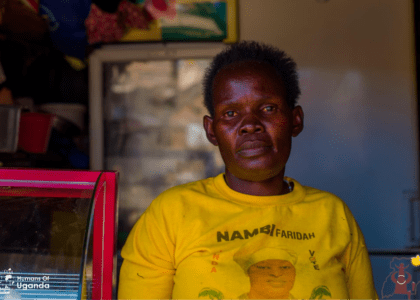
Joy for Children taught me how to save and these savings have helped me a lot. I used to keep my money in the house and it would get stolen because I shared the room with five other friends of mine.
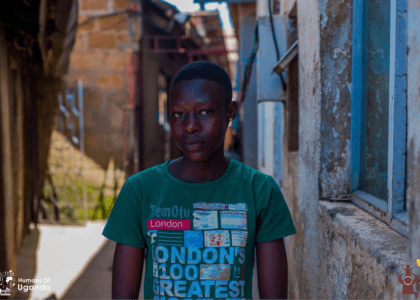
Joy for Children counseled us on how to protect ourselves from sexual harassment and also the steps we can take in case we or someone we know has been harassed sexually. They also taught us about our body changes as girls. It was the first time someone was telling me that what was happening to my body was normal. I remember at the end of the session they gave us reusable sanitary towels and showed us how to use them
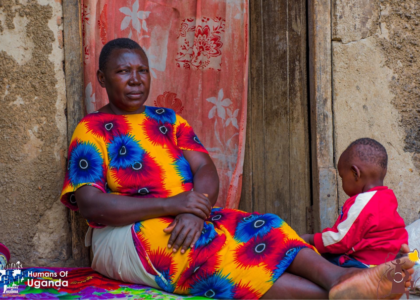
Joy For children came and introduced women groups in our area. I had to join because I needed social and financial support plus knowledge. I have learned how to save and how to take care of my family. Many people out there don’t know how to take care of their families.
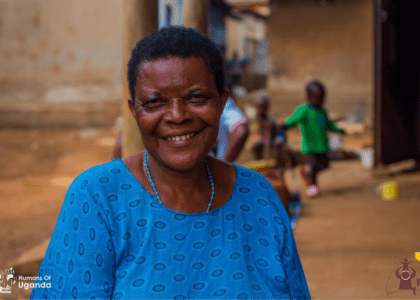
Joy for Children came and established women groups through which I met a lot of women from other communities and zones. They helped each of the women in these groups get academic sponsorship for their children and also taught us how to save.

Girls Not Brides Uganda (GNBU) is a National Partnership chaired by Joy for Children Uganda and World Vision Uganda with a membership of 106 CSOs working at community, district, regional and national level committed to ending child marriage and enabling children live to fulfill their potential.
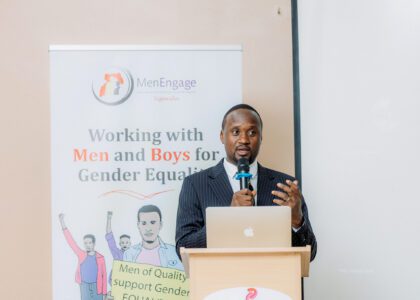
MenEngage Uganda is a network of 60 CSOs working to engage men and boys in reducing gender inequalities, preventing gender based violence, reducing HIV, and promoting good health of women, girls, boys and men.
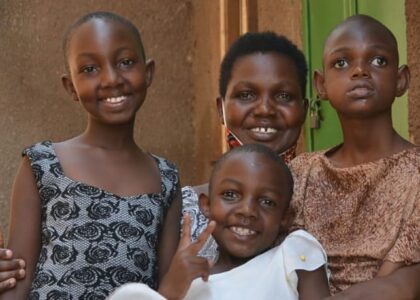
While a home and family can be the primary setting where violence against children occurs, they can also be the most important sources of protection from violence, and of care and support when violence has occurred.